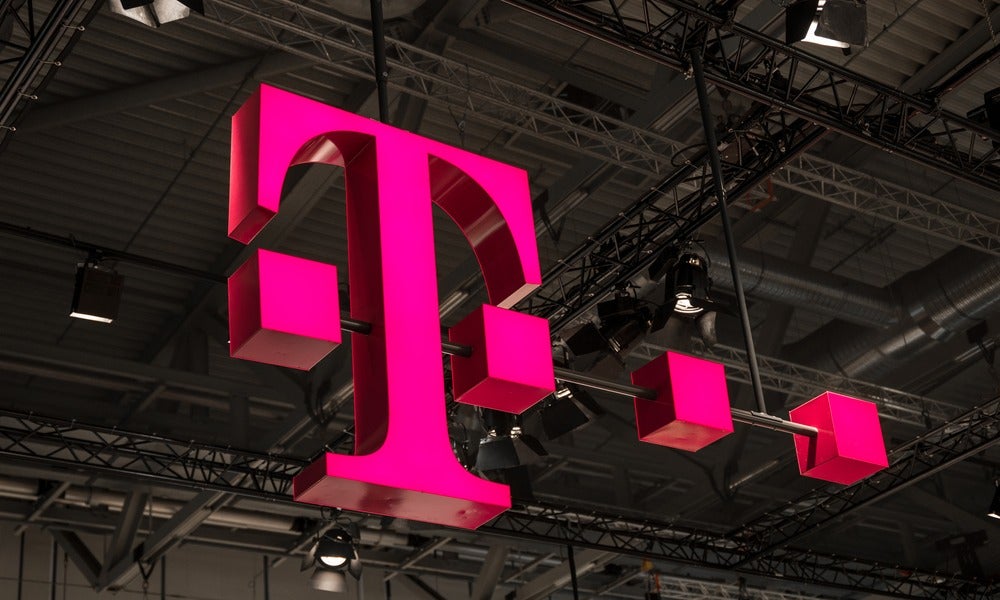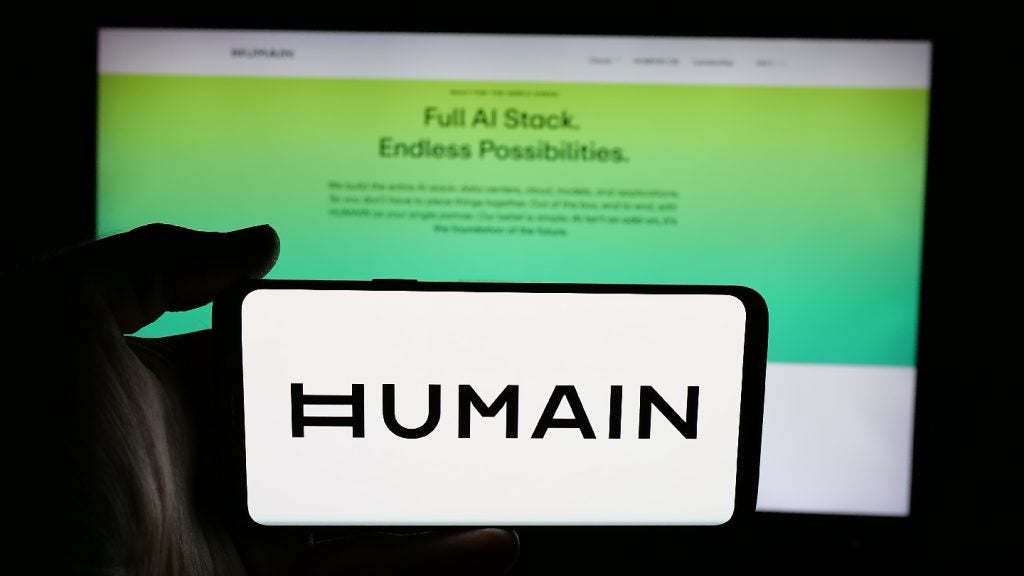After more than two years of negotiations, a T-Mobile-Sprint union may finally come to fruition. It all hinges on what happens to the companies’ prepaid businesses.
It wasn’t supposed to take this long. T-Mobile and Sprint announced plans to merge in April 2017 in a deal worth $26.5 billion. More than two years later, they are still in negotiations with regulators. While the combined company would not be the largest mobile operator in the US, it would dominate the prepaid market. Regulators are concerned about price gouging.
T-Mobile and Sprint deal
To assuage this concern and finally receive approval from the US Department of Justice, it appears T-Mobile and Sprint have made new concessions that will see satellite pay-TV provider DISH Network reportedly pay $5 billion for wireless spectrum and prepaid mobile assets — which involves Dish reselling wireless service from the newly combined carrier.
Dish is an interesting choice, and likely one US wireless carrier competitors will welcome. Dish may have has a national presence and brand in the pay-TV market, and some experience building wireless networks as it owns spectrum, but it has no experience operating as a commercial wireless carrier. Also, it will not only be competing with three nationwide brands — a combined T-Mobile/Sprint, Verizon and AT&T — but with several scrappy prepaid brands and cable operators — Comcast and Charter — that are also reselling wireless service.
How can Dish possibly differentiate itself in a highly competitive US market? First of all, its wireless strategy now is confusing. Dish has $13 billion in debt and wireless spectrum that still hasn’t been put to use. The company’s initial strategy has been to be a wholesale 5G provider whereby interested companies can use the 5G network it is building to offer their own services. With the new prepaid assets, Dish itself will now be wholesaling service. Where its own spectrum comes into play is a mystery at this point.
From a marketing perspective, Dish must differentiate itself. One way to do this is via a multi-play service approach. It is well known the customers who buy more than one service from a particular carrier tend to be loyal customers. Introduce four services — pay-TV, wireless, broadband and fixed telephony—and loyalty is almost guaranteed, offering a stable source of revenue. It’s also a strategy many wirelesses, fixed broadband and pay-TV companies are eyeing as well.

US Tariffs are shifting - will you react or anticipate?
Don’t let policy changes catch you off guard. Stay proactive with real-time data and expert analysis.
By GlobalDataDish entering the multi-play market with a prepaid strategy is a riskier one. Prepaid subscribers are attracted to these services because they cost less than postpaid offerings. That means they will also be price-sensitive when it comes to buying other services. Dish will need to price multi-play offerings competitively, with significant differentiation from competitors with via a solid customer experience. That’s a tall order for even the most seasoned telecom companies.









